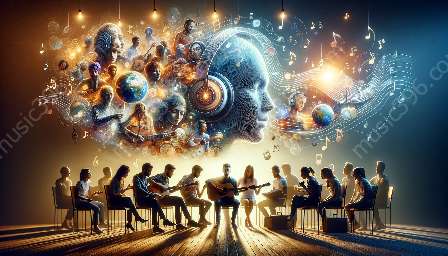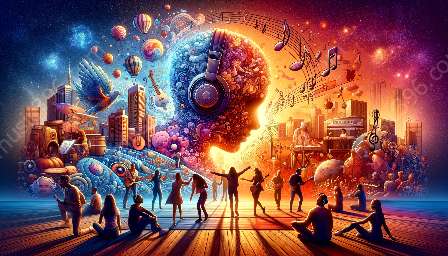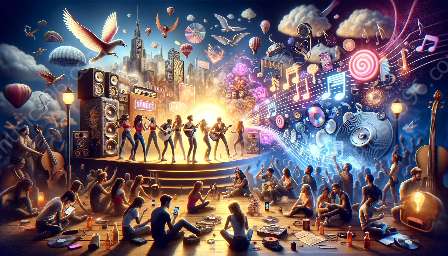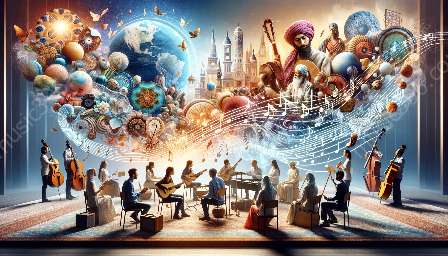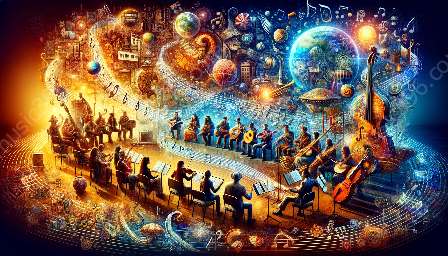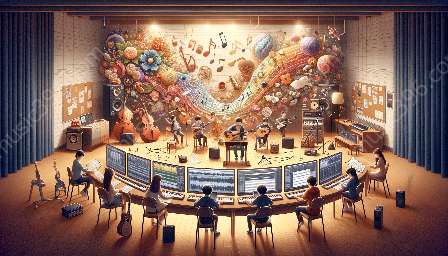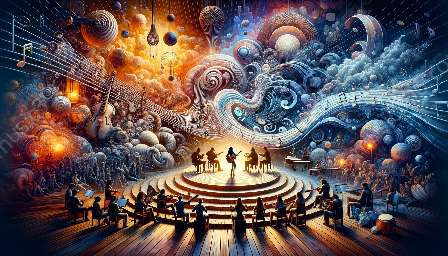The impact of music on human motor skills is a fascinating subject that delves into the psychological and cultural dimensions of music. It involves understanding how music affects our motor functions, coordination, and movement, and exploring the psychological and cultural implications of these effects.
Psychological Impact of Music
Music has been shown to have a profound psychological impact on individuals, influencing their emotions, cognitive processes, and behavior. When it comes to human motor skills, music can serve as a powerful motivational and coordinating force. Research has demonstrated that certain types of music can enhance motor performance and coordination. For example, upbeat and fast-paced music can stimulate movement and increase physical exertion, improving overall motor skills.
Moreover, music can also affect psychological states such as focus, arousal, and relaxation, which in turn influence motor skills. For instance, calming music may help individuals achieve a state of relaxation, leading to improved motor control and coordination. This demonstrates the intricate interplay between music, psychology, and motor skills.
Impact of Music on Movement and Coordination
Music has the ability to synchronize and coordinate movement, making it an essential element in various physical activities such as dance, athletics, and rehabilitation. Whether it's the rhythm, tempo, or melody, music can act as a guiding force for movements, enhancing coordination and timing.
In dance, for example, music serves as a driving force that dictates the tempo, rhythm, and style of movements. Dancers synchronize their movements with the music, showcasing the profound impact of music on human motor skills. Similarly, athletes often use music to set the pace and maintain rhythm during training and competitions, thereby influencing their motor performance.
Furthermore, music therapy has been widely used to improve motor coordination and rehabilitation in clinical settings. By incorporating music into therapeutic exercises, individuals can experience enhanced motor skills, improved balance, and increased coordination. This illustrates the therapeutic potential of music in enhancing motor capabilities.
Music and Culture
The relationship between music and culture is deeply intertwined, with music serving as a reflection of cultural identity, expression, and tradition. Different cultures have distinct musical styles, rhythms, and movements that are deeply rooted in their societal norms and traditions. These cultural influences can significantly impact how music shapes human motor skills.
Traditional music and dances from various cultures often involve intricate movements and coordination that are intricately tied to the music. Through these cultural practices, individuals develop and hone their motor skills within the context of their cultural heritage. The rhythmic patterns, dance movements, and musical instruments all contribute to the development and expression of motor skills, showcasing the intimate connection between music and culture.
Integration of Music, Psychology, and Culture
When examining the impact of music on human motor skills, it becomes evident that the integration of music, psychology, and culture plays a significant role. Psychological responses to music, such as emotional arousal, focus, and motivation, directly influence motor skills and coordination. Additionally, cultural influences shape the way individuals engage with music, impacting their motor skill development and expression.
Understanding these interconnected aspects allows for a holistic approach to exploring the impact of music on human motor skills. By considering psychological, physiological, and cultural factors, we can gain a comprehensive understanding of how music influences our motor functions and coordination.


